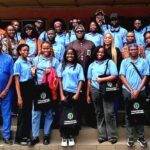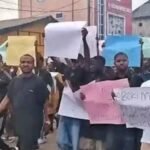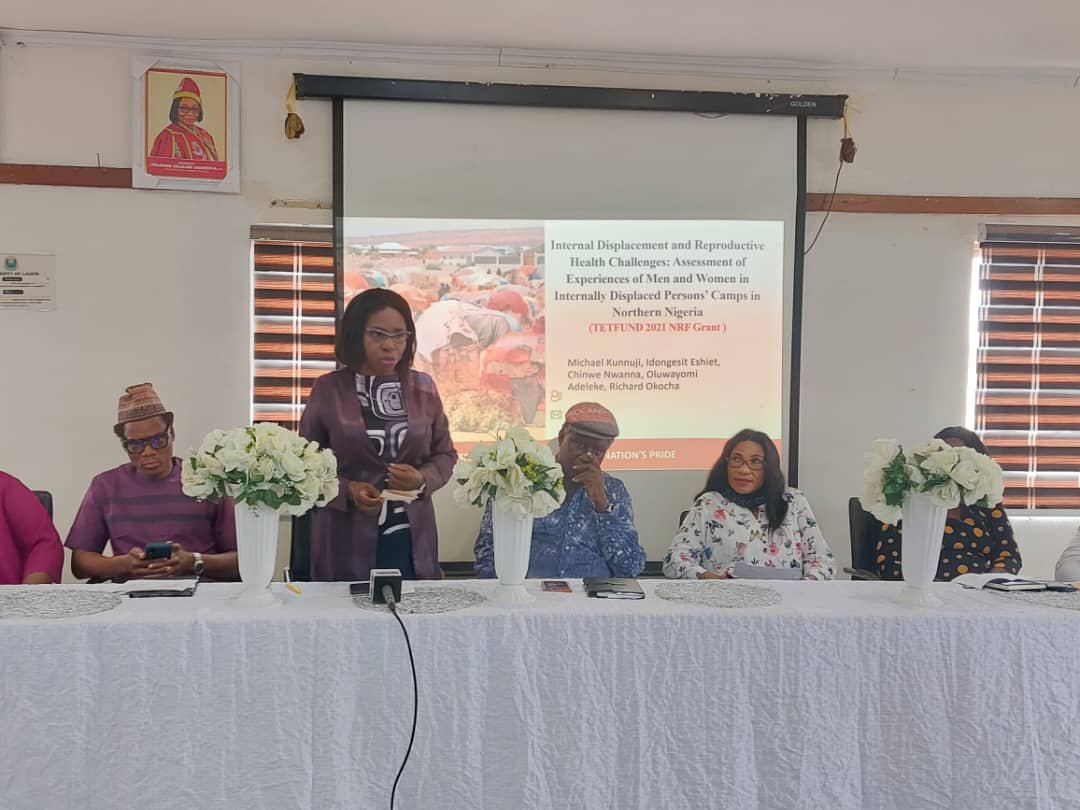By Taiye Olayemi
Dr Michael Kunnuji of Sociology Department, University of Lagos, on Thursday called on the Federal Government to create functional clinics in all Internally Displaced Persons (IDPs) camps across the federation.
Kunnuji made the call in Lagos during the presentation of a research project, tagged:
“Internal Displacement and Reproductive
Health Challenges: Assessment of
Experiences of Men and Women in
Internally Displaced Persons’ Camps in
Northern Nigeria”.
Kunnuji, who was the principal investigator in the research said that the study conducted in four IDPs camps in Kaduna State and Benue revealed the enormous challenges confronting them, in the area of sexual and reproductive health (SRH).
He said some of the challenges were vulnerability to contracting Sexually Transmitted Infections (STIs), sexual abuse and exploitation, unwanted pregnancies and abortion, gender-based violence and lack of access to SRH services.
He, however, called on the federal government to intensify efforts in taking absolute care of the IDPs.
“It is important for government to ensure the Internally Displaced Persons gain unrestricted access to sexual and reproductive health services by way of creating functional clinics in each of the camps.
“These clinics should prioritise access to family planning services, pregnancy care, ante-natal and post-natal care, treatment of sexually transmitted infections, abortion care as well as gender-based violence services,” he said.
Kunnuji explained that these were needed because the IDPs were constantly exposed and vulnerable to contacting sexually transmitted infections.
“Our findings revealed that individuals there engage in risky sexual behaviour, transactional sex, sexual abuse and exploitation, unhygienic practices during menstrual cycle and they are exposed to unhygienic toilet conditions,” he said.
Speaking on the living condition at the IDPs camps where the research was conducted, Dr Idongesit Eshiet, a co-investigator in the project, described their living condition as appalling, congested and overcrowded.
Eshiet said that 44.8 per cent of IDPs at the four camps visited gained access to sexual and reproductive health services while 36.7 per cent of tbe IDPs actually made use of the service.
She noted that causes of barriers to sexual and reproductive health services could be attributed to non-enduring service provisioning, distance, finance, socio-cultural and religious beliefs as well as non-targeted sexuality education.
“Parents and guardians contract forced
marriages between their female
children and wards as a means of getting
financial and non-financial benefits
from suitors, to cushion the negative
economic effect of displacement,” she said.
She said the gender-based violence component, sexual exploitation and forced marriage would pose serious threat to the achievement of the Sustainable Development Goals (SDGs).
Also, Prof. Chinwe Nwanna of Social Work Department, University of Lagos, and one of the investigators, noted that the study engaged both male and female in the IDPs camps in Zonkwa and Chikun in Kaduna State and Abagena and Daudu in Benue.
“The methodology engaged are quantitative and qualitative, cross
sectional survey, in-depth and key informant interviews.
“The survey was done for 680 persons and questions were asked in Hausa, Tiv and English languages,” she said. (NAN) (nannews.ng)










